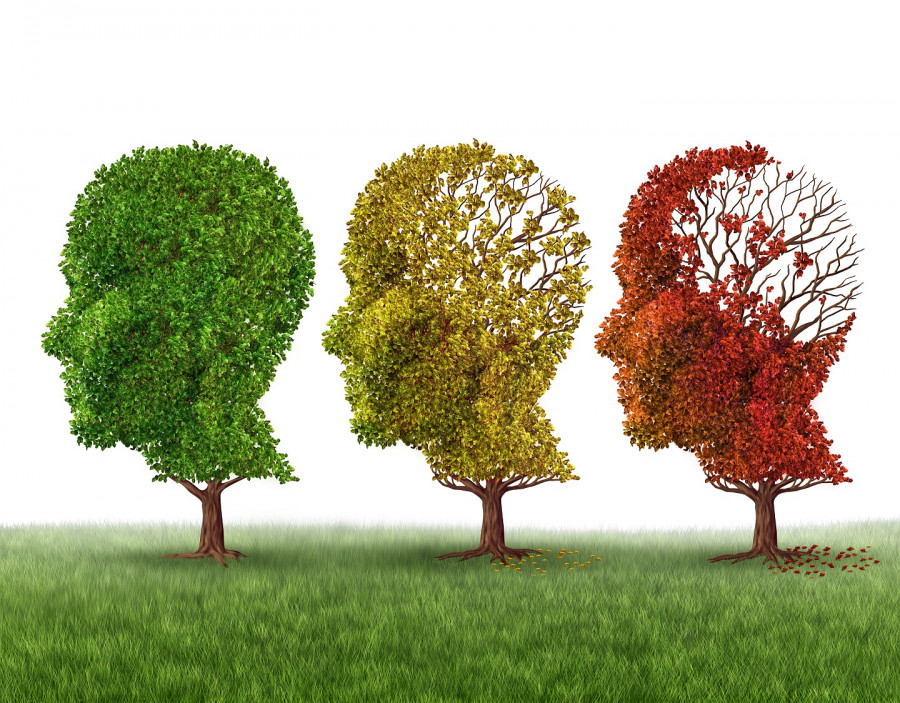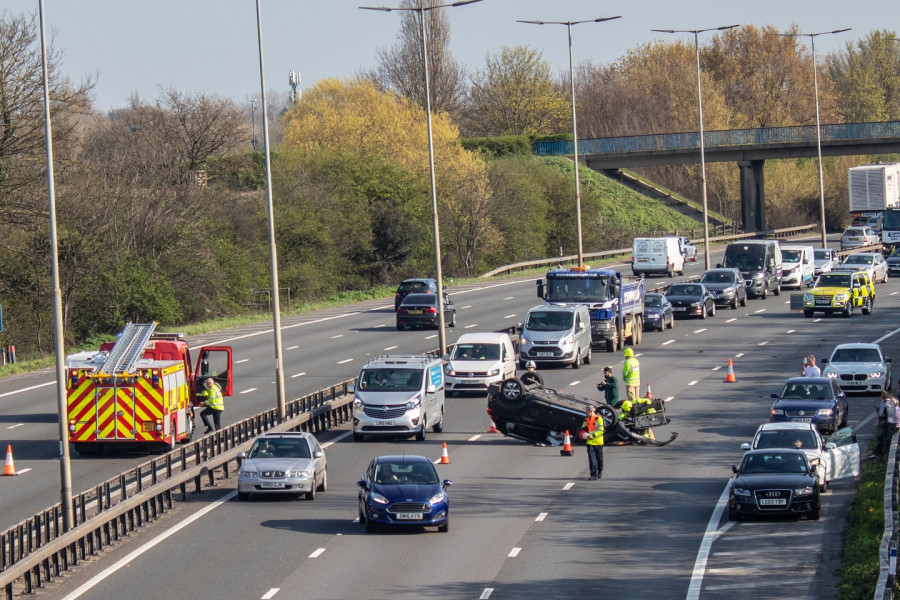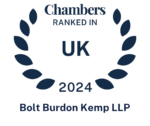The Gift of Listening – The MVP in the Mild Traumatic Brain Injury World
Put simply the dictionary definition of listening is to give one’s attention to sound. However in reality it means so much more than that.
The real life application of listening comes down to processing what you have heard and doing everything you can to understand the information received.
i.e. have you really heard what is being said? Have you really listened? Or were you just paying lip service to a message you were not intent on truly receiving?
Real listening is a simple and straight forward concept. However it remains the case some people are utterly rubbish at it! “It is like speaking to a brick wall!” and “How many times do I have to tell you?” are phrases that certainly spring to mind and I am sure are words we can all relate to.
So the concept is simple, but the art of real listening is certainly a skill; a skill we should all endeavour to learn and then continuously refine and utilise.
What has this got to do with mild traumatic brain injury? Well a lot.
Countless numbers of people sustain head injuries in the UK every year. Some of these injuries are classed as “mild traumatic brain injuries”, but do not let the name fool you. For a lot of people the symptoms can be anything but mild and in some cases result in significant lifelong problems.
The difficulty is, not all mild traumatic brain injuries are evidenced on neurological scans such as X-Ray/CT scan or MRI. They simply do not always show up, but that does not mean they are not there!
This is where listening comes in.
As brain injury specialists we know listening to our individual clients is key, especially when dealing with mild traumatic injuries, rather than solely relying on physical damage shown on neuro-radiological scans.
Patient self-reporting of symptoms truly is the best tool we have when dealing with injuries of this nature. Along with commentary from loved ones, who can also see the apparent changes and problems. People can tell us a lot more than scans can.
Lack of supportive neuro-radiology does not mean lack of injury and in turn does not mean lack of a legal claim for compensation, if the injury was caused as a result of negligence.
Our clients report their symptoms and we listen. It sounds simple, but it can be surprising how easily this simple step can be forgotten or overlooked.
Because we listen, we are able to obtain the best possible outcome for our clients’ claims.
I recently received a heartfelt and touching card from a client, who sustained a mild traumatic brain injury, whose claim we were able to bring to a successful conclusion. Now, whilst I do not wish to brag, I am going to quote from it to reinforce my above musings:
“…Thank you very much for all your help in my case. You have a special gift of listening. Your care, compassion, understanding and professionalism makes you an outstanding solicitor…I will be forever thankful for your help and understanding of my lasting problems from my accident…”
This client’s life had been turned upside down by her “mild” traumatic brain injury. Yet she struggled to get the appropriate medical treatment and legal advice before coming to BBK. She just needed to be heard. I am honoured to have been part of the team who listened and that she has walked away feeling heard. Her feedback has resonated with me and inspired me to want everyone to stop and ponder real life listening; I hope after reading this blog you do!
If you have sustained a mild traumatic brain injury in an accident as a result of negligence, but have been dismissed by medical or legal professionals on the basis there is no medical evidence to support your injuries, please contact us for a second opinion. We will listen. I cannot promise you will have a viable legal claim, but I can promise we will listen, understand, care and advise you accordingly.
More information on mild traumatic brain injury can be found on the Headway website.









